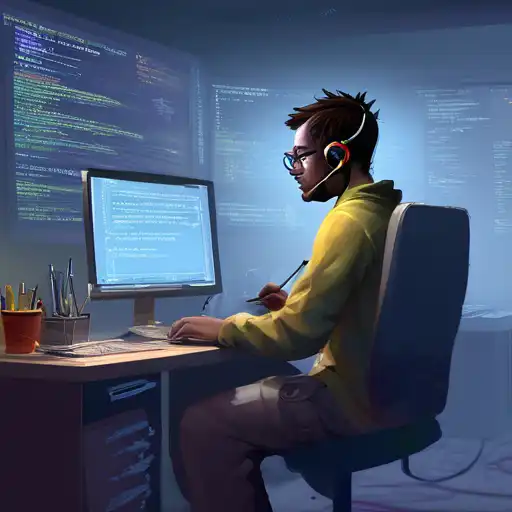Introduction to Debugging
Debugging is an essential skill for every programmer, especially for those just starting out. It involves identifying and removing errors from your code to ensure it runs smoothly. This guide will walk you through some essential debugging tips that can help new programmers navigate through common coding pitfalls.
Understand the Error Messages
One of the first steps in debugging is to understand the error messages your development environment throws at you. These messages are not just random texts; they are clues that can lead you to the root of the problem. Take the time to read and comprehend these messages, as they often point directly to the line of code causing the issue.
Use a Debugger Tool
Most Integrated Development Environments (IDEs) come with built-in debugger tools. These tools allow you to step through your code line by line, inspect variables, and see the flow of execution in real-time. Learning how to use these tools can significantly reduce the time you spend debugging.
Break Down the Problem
When faced with a bug, try to isolate the problem. Break down your code into smaller sections and test each one individually. This approach can help you pinpoint exactly where the error is occurring, making it easier to fix.
Check for Common Mistakes
New programmers often make similar mistakes, such as syntax errors, off-by-one errors in loops, or incorrect variable names. Familiarize yourself with these common pitfalls to quickly identify and correct them in your code.
Take a Break
Debugging can be frustrating, especially when you're stuck on a problem for hours. Sometimes, the best thing you can do is take a short break. Stepping away from your computer can give you a fresh perspective, making it easier to spot the mistake when you return.
Ask for Help
Don't be afraid to ask for help if you're stuck. There are numerous online communities, such as Stack Overflow, where you can ask questions and get advice from more experienced programmers. Remember, every programmer has been in your shoes at some point.
Practice Makes Perfect
The more you code, the better you'll become at debugging. Each bug you encounter and fix is a learning opportunity that improves your problem-solving skills. Over time, you'll find that you spend less time debugging and more time writing great code.
Conclusion
Debugging is a critical skill that all programmers must master. By understanding error messages, using debugger tools, breaking down problems, and learning from common mistakes, you can become more efficient at debugging. Remember, the key to becoming a proficient programmer is patience, practice, and persistence.
